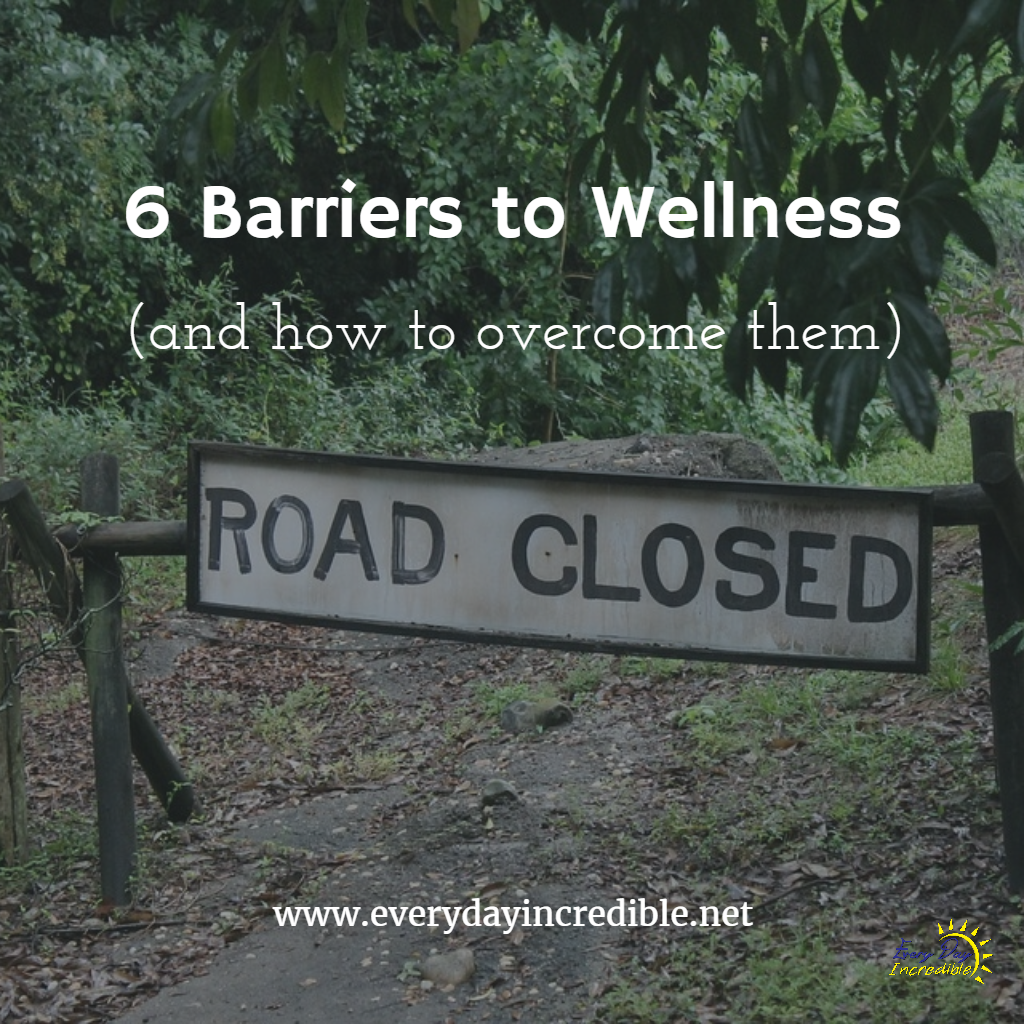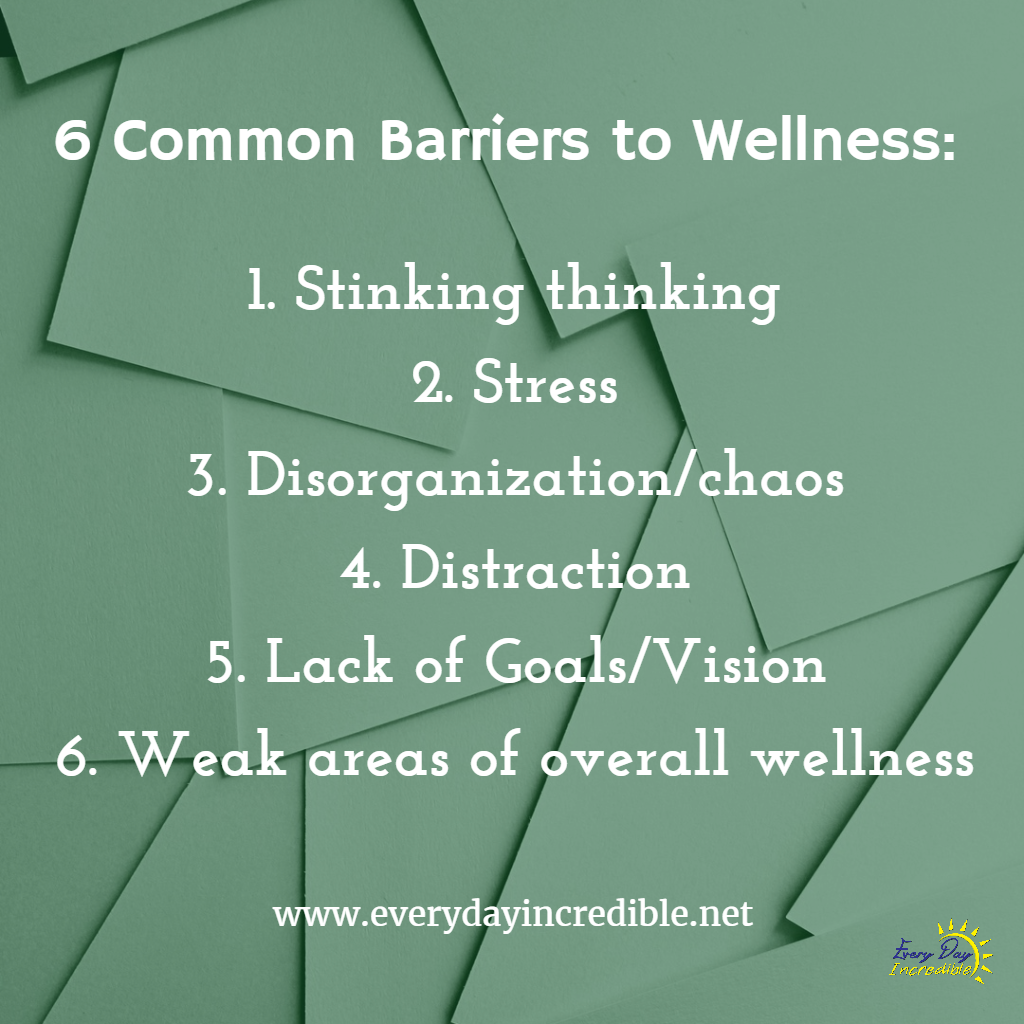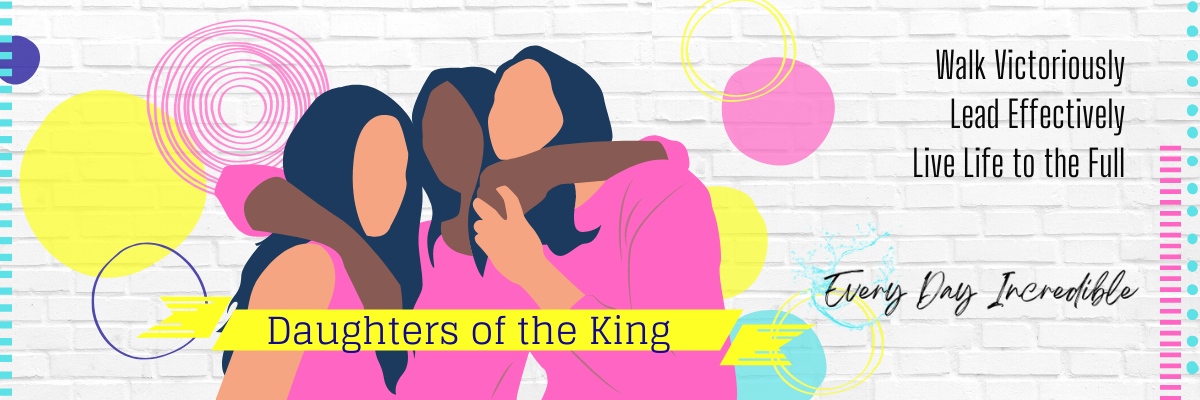 We all want happiness and wellness, right? Who wouldn’t? I certainly can’t think of anyone. Even so, we all have areas of our wellness that could use some work.
We all want happiness and wellness, right? Who wouldn’t? I certainly can’t think of anyone. Even so, we all have areas of our wellness that could use some work.
So, if it’s something we all want, but something we all have to work at and even struggle to have, where is the problem?
In thinking of some of the common barriers to common wellness I’ve seen, and would love to take this opportunity to share them.
1. Stinking Thinking
Have you ever heard the phrase, “Stinking thinking?” It’s pretty much just what it sounds like… thinking habits that.. well, stink. We all know about habits, and all have them. When you hear the word, habit, you probably think of behaviors like biting your nails or chewing on a pencil. What doesn’t usually come to mind, however, are the habits in THINKING that we develop. Again, we all do it. Based on life experience, input from others, etc., we develop patterns in the way we think, and they are often not helpful or healthy. We often get in the habit of looking at the negative side of situations, or see the glass as “half empty,” for example. It’s easy to get into the habit of ignoring the potential good in front of us, or the good qualities about ourselves or the world around us. Sometimes we make mountains out of molehills or assume we know what others are thinking. For a great list of examples of these, check out this page at www.getselfhelp.co.uk
The good thing is that, like other habits, thinking habits can be broken and replaced! If you are trying to break a habit, you have to bring your awareness to it when it happens, make a choice to replace the habit with something more desirable, and take action. To increase awareness, you just take action every time you catch yourself engaging in the behavior, even if it’s after the fact. When you realize you’ve done it (bitten your nails, chewed on a pencil,

focused on negativity, etc., you engage in the alternative behavior or at least acknowledge what you could have done differently. If you were trying to stop biting your nails, you might move a penny or pebble from one jar to a second, with the goal of ending a day without having to move any pennies/pebbles at all.
When it comes to unhelpful thinking habits, they tend to cause emotional and behavioral symptoms you can learn to catch. If you are feeling overwhelmed, experience problematic symptoms, have an angry outburst, realize you are feeling more depressed/anxious than normal, etc., you can dig a little deeper into your thoughts to figure out what may be leading to those symptoms.
To do this, keeping thought records can be very helpful. A Thought record basically takes note of what the situation is, what emotions are experienced (and how strongly they are felt, rated from 1-100%), what underlying thoughts are there (sometimes these thoughts may be more of an image or scene that may have never really been put into words before), and then an evaluation of those thoughts. Are they accurate? Are they helpful? Could there be another explanation? If a best friend were saying those same statements about her own situation, would you agree with them, or would you challenge her to adjust them? Ideally, as you break down your thoughts through these steps, you can begin to acknowledge which thoughts are helpful and healthy, and which ones are tearing you down and keeping you in your rut. The next step would be to come up with more accurate, helpful thoughts, or “affirmations,” which can be used to replace those unhelpful thoughts and change the thinking habit.
2. Stress
I have no doubt that we all have our times of stress – some more than others. While much of stress may be linked to unhealthy thinking habits, or “stinking thinking,” may situations are stressful and genuinely out of our control. Combining the thought record/habit changing approach outlined in the last section, other methods of stress management include exercising good self-care. Relaxation exercises (such as these free downloads provided at Dartmouth University’s website), utilizing a healthy support network, strengthening spiritual wellness through prayer and Bible reading, journaling and exercising your intellectual wellness through creative expression… basically, making sure that you are not entirely focused on the one area of your wellness where there is a current major conflict. Strive for balance.
3. Disorganization/chaos
This is a tricky one. This is both a cause and a symptom much of the time. Have you ever noticed that? The weaker your overall wellness is, the more disorganized and overwhelmed you will probably feel. If a person is feeling significantly depressed or anxious, she is much more likely to have a messy home, desk, or car. I personally found this to be especially true following a time period of some intense grief.
As both a cause and a symptom, you can address it from both ends. Working on addressing the stinking thinking, anxiety, depression, and grief can help you feel more like tackling the disorganization, but you can also tackle the disorganization to help address the other concerns.
Start with SMALL goals – something that will be an “easy win,” so to speak. If your car is a mess, for example, make it a goal for the week fill a grocery bag with trash or items that need to be taken in and put away properly. Schedule a time frame to do it, and stick with it. If you accomplish that and feel inspired to do more, by all means, do it! But if you do that much and feel satisfied, you’ve still met your goal. Set the next one. What specifically are you going to do, and when are you going to do it…. then follow through. Just keep it simple and you’ll feel more and more encouraged with each met goal. Feeling more encouraged in one area can easily translate to others as well!
4. Distraction
I would love to know – what are your biggest distractions? What sucks your time from you? Social Media? A favorite TV show? Books that aren’t helping you meet your wellness goals? Okay, let’s be real… my dear, sweet children are among my biggest distractions… can any of you relate??
Whatever your distractions are, they can really do a number on keeping balance in your overall wellness. Even your distractions generally have their place, though (for the most part). TV shows, social media, and books can be a great way to unwind, catch up on the world around you, feel a bit more connected or find an escape from stress. Your children obviously need your attention and can add tremendously to your overall wellness, sense of purpose, and so much more. Once again, we are looking for balance. There are times we need to close the facebook, twitter, instagram, or pinterest tab. There are times we need to turn off Netflix or put down the book. There are even times we need to call the grandparent squad, a friend, or a babysitter to keep the kids. We need to make a deliberate effort to focus on things that are going to improve our overall wellness. This easily brings us to number 5.
5. Lack of Goals/Vision.
In order to achieve wellness, we absolutely must have a vision for what achieving wellness will look like to us. In earlier posts, we talked about figuring out where we are going… visualizing where we are headed so we are able to set appropriate, effective goals. It’s very important! We’ve also talked about examining your areas of wellness to decide what area or areas need the most work right now. Don’t skip these steps! Get real with yourself and be honest. Where is your overall wellness off balance?
What is it really going to take to get there? Think of the big picture and work backward so you can start with the baby steps, or easy wins, like we just talked about with tackling disorganization. One step at a time, but you MUST have goals and a vision so you know where you are going!
6. Weak areas of overall wellness
Balance, Balance, Balance. It really is key. We’ve been talking a lot about the importance of finding a balance because having one area of wellness neglected can have a severely negative impact on all of the others. To help keep the balance, focus on where your boundaries are. This could largely refer to your boundaries with people around you, as a lack of firm social boundaries is very often a significant source of trouble. Whether family, friends, workplace, or even strangers, if you do not set clear boundaries in your life, you are most likely a person who is frequently taken advantage of by others.
If setting boundaries is not something you currently do well, just remember that it IS a skill that you can work to improve. Practice. Address any stinking thinking in which you tell yourself you don’t deserve better, or that you have to give in to others so you don’t have conflict, and recognize that you have the same basic human rights as any other person, and it’s not only okay to stand up for your rights, but it is healthy. As balance is the key to overall wellness, assertiveness is the key to healthy boundaries. Being assertive basically means standing up for your rights while respecting the rights of others. Do you treat yourself like you have the same rights as those around you? Or do you treat yourself like you don’t deserve better than what you currently have, while you are treated with a lack of respect by a person or people around you?
Setting boundaries can also apply internally. Some areas of wellness are just more enjoyable to give focus than others, right? Sometimes we have to set boundaries for ourselves to exercise self-control and find that balance we keep referencing. If physical wellness is a tough one for you, maybe use another area as a reward, such as being creative after a work-out session. Instead of spending all of your time occupied in a good book, set aside time to work on building your social network. Each individual will have her own favorite areas of wellness – those areas that come easy, and those that are more of a challenge. Strive for balance. Your balance may not look like the next person’s.
What areas of wellness are easiest or hardest for you? What have been your most challenging barriers to overall wellness? Come discuss with other ladies in the Every Day Incredible Ladies facebook group. If you are interested in a more direct approach to setting your personal goals and achieving balance in wellness, check out the next step, our “Digging Deeper” private facebook group.
Philippians 3:14 (NIV)
I press on toward the goal to win the prize for which God has called me heavenward in Christ Jesus.
